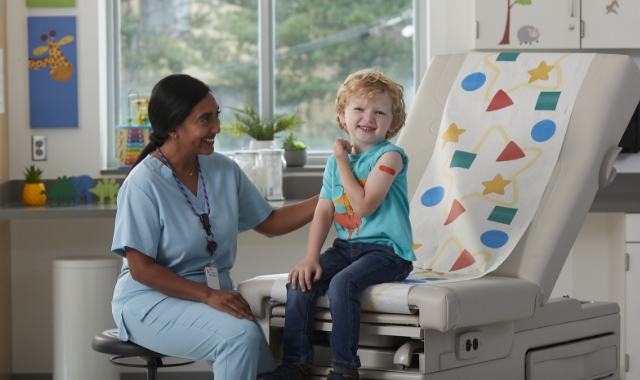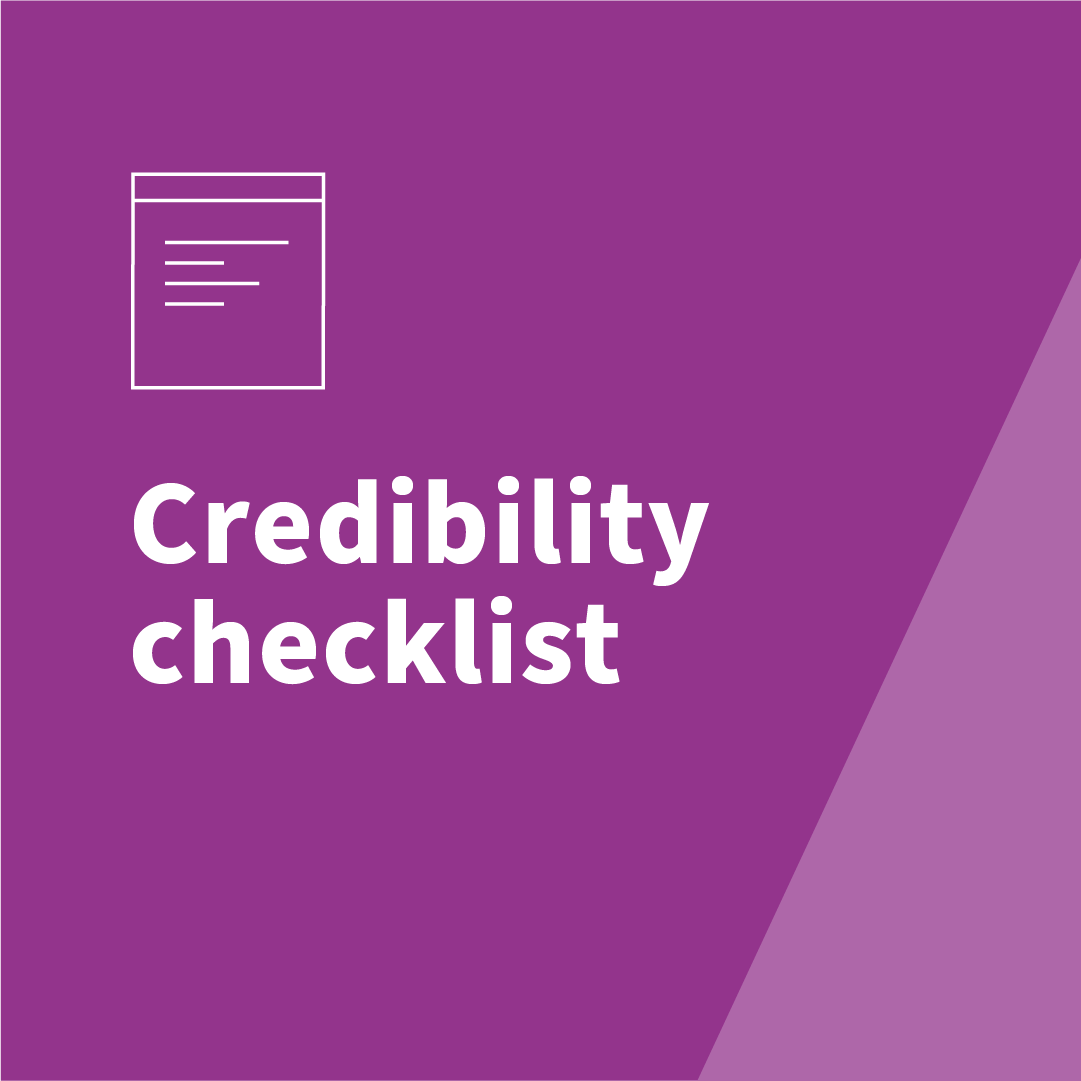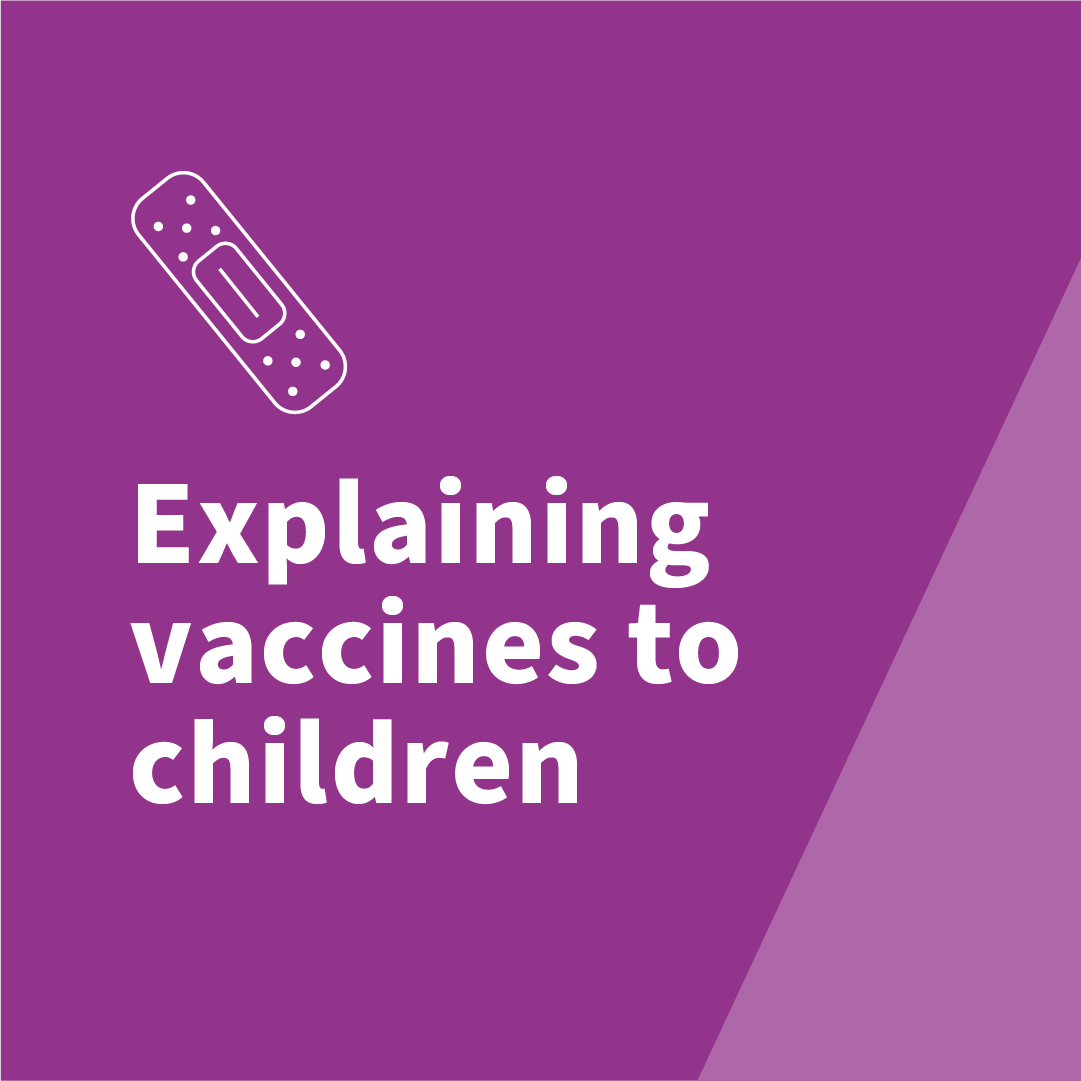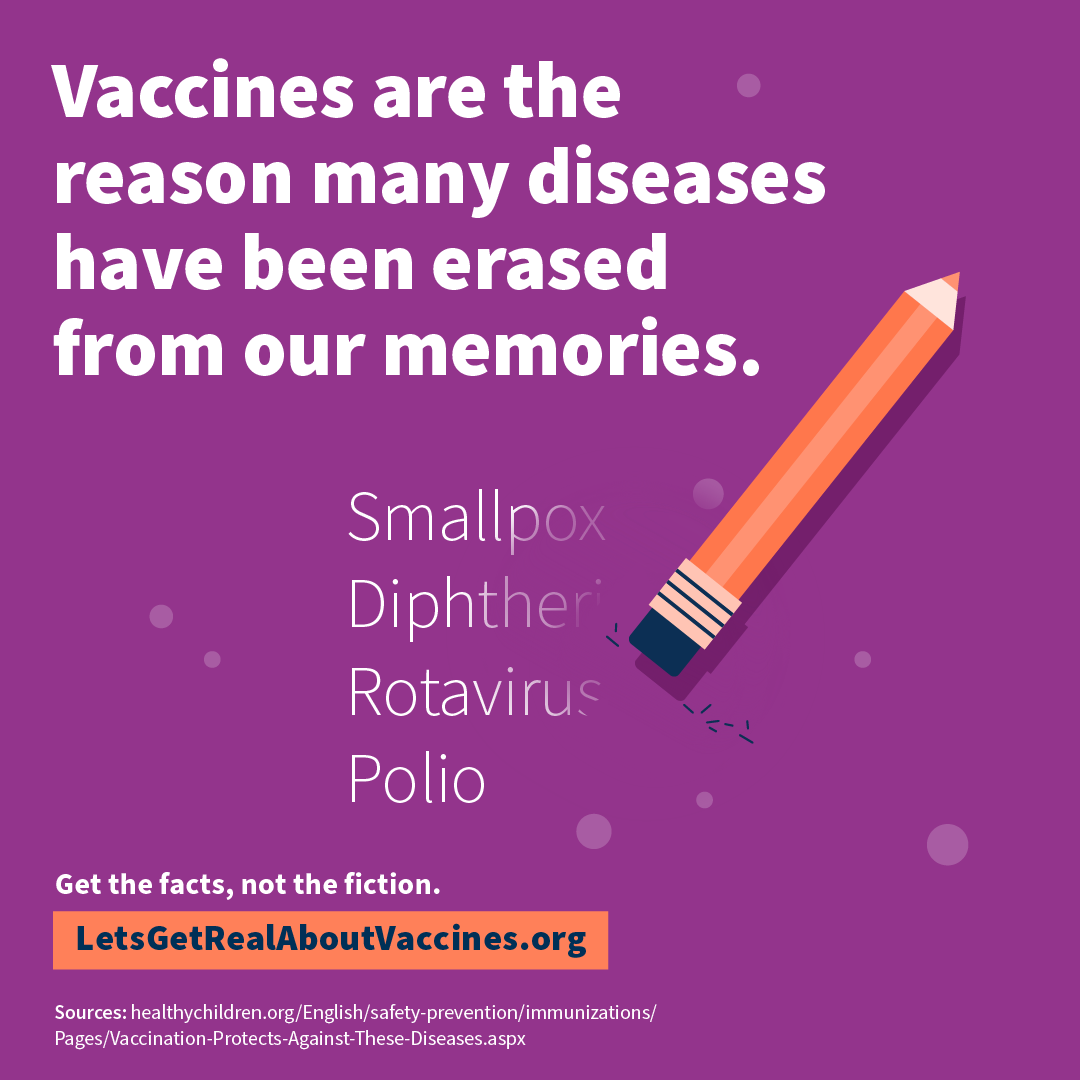
Preparing your child
Just like adults, children are more comfortable and confident when they are prepared. Talk with your kids about vaccines so they know why vaccines are important.
My job is to keep you safe, which is why vaccines are important to me. I love you so much and don’t want you to be sick. Vaccines help me keep you healthy.”
Be confident.
Kids take their cues from their parents. If you’re nervous, they will be too. But if you’re confident, then they will feel good. Learn about vaccines so you can confidently answer your child’s questions.
The vaccine might sting or pinch but that will be over in a minute. If you get sick, you could feel really bad for days, so I think it’s worth it, right? I know you’re excited to go on the field trip next month. Vaccines help keep you healthy so you can do those fun things.”
Be honest…but positive.
It’s important that your child trusts you. Be honest and tell them that they might feel a pinch or sting for a second or two when they get a vaccine. But be sure to explain that it’s to keep them healthy and safe so they can do the things they love to do. Is your child looking forward to visiting their grandparents or going to camp? Explain that getting vaccinated helps make sure they are not sick when it comes time to do fun things. No one likes to miss out on fun times.
It’s okay to be nervous—that is totally normal. But I’ll be there with you the whole time. Getting a vaccine is a super short thing that can help you stay healthy so you can keep doing the things you love to do.”
“That’s a GREAT question. Honestly, I don’t know the answer. Let’s find out together.”
Engage in conversation.
If your child is scared, validate their feelings while reinforcing the positive. Encourage questions—and if you don’t know the answer, use it as an opportunity to learn together.
Katie and Jack also get their vaccines. We all do it to stay healthy. We don’t want to pass germs to our friends and make them sick.”
Use social norming to help children feel more comfortable.
Explain that their friends also get vaccinated. And when they are all vaccinated, they help protect each other.
Younger children will probably need help understanding the immune system and vaccines. You can explain that the immune system is like a guard that keeps them healthy by keeping away germs that can make them sick. Vaccines are the superheroes that help the immune system find germs fast and keep them away. Everyone loves a superhero!
Tweens and teens may be influenced by incorrect information they read or hear about on social media. This can be a teachable moment about misinformation and the importance of using critical thinking. Help them identify credible sources of information and learn the facts that address their concerns. LetsGetRealAboutVaccines.org can help answer their questions or refute common myths.
Key Information: Help children understand the benefits of vaccines.
Share that getting vaccinated means:
- You are less likely to get seriously ill because of XX disease.
- You are less likely to be home, in bed, feeling yucky because of XX disease.
- You are less likely to give XX disease to your friends (or little sister, grandpop, etc.).
- You won’t miss out on the things that you love doing like soccer (or dance class, camp, etc.).
- You can be a superhero! When you get a vaccine, you help protect the people you love from getting a disease that might make them very sick.
A Deeper Dive: Helpful hints
- Normalize vaccine conversations: Have the conversation about vaccines well before vaccine appointments to have a less fear-based conversation. Prior to the appointment, remind them of the conversation you had, explain that it’s time to get a vaccine, and ask if they have any questions.
- Make vaccines a family tradition: Have your child join you when you get your vaccines so they can see that it’s okay. In fact, flu vaccination can be a family affair each year before doing something that you all look forward to.
- Schedule vaccines before something fun: It’s always great to have something to look forward to. It doesn’t have to be a big thing— it can be as simple as getting a favorite treat or going to the park.
- Make vaccinations more comforting: For younger children, bring their favorite toy. If they are still nursing, consider breastfeeding them during the vaccination. If they have a great deal of fear about the pain, call your child’s doctor ahead of time and ask if they have a numbing spray available.
Our Affiliated Sites
Disclaimer Policy: Links with this icon () mean that you are leaving the HHS website.
Disclaimer Policy: Links with this icon () mean that you are leaving the HHS website.
- The Department of Health and Human Services (HHS) cannot guarantee the accuracy of a non-federal website.
- Linking to a non-federal website does not mean that HHS or its employees endorse the sponsors, information, or products presented on the website. HHS links outside of itself to provide you with further information.
- You will be bound by the destination website's privacy policy and/or terms of service when you follow the link.
- HHS is not responsible for Section 508 compliance (accessibility) on private websites.
- For more information on HHS's web notification policies, see Website Disclaimers.


